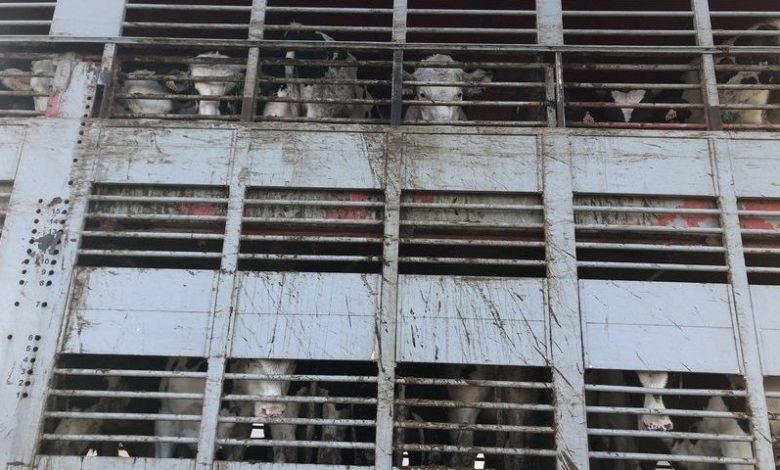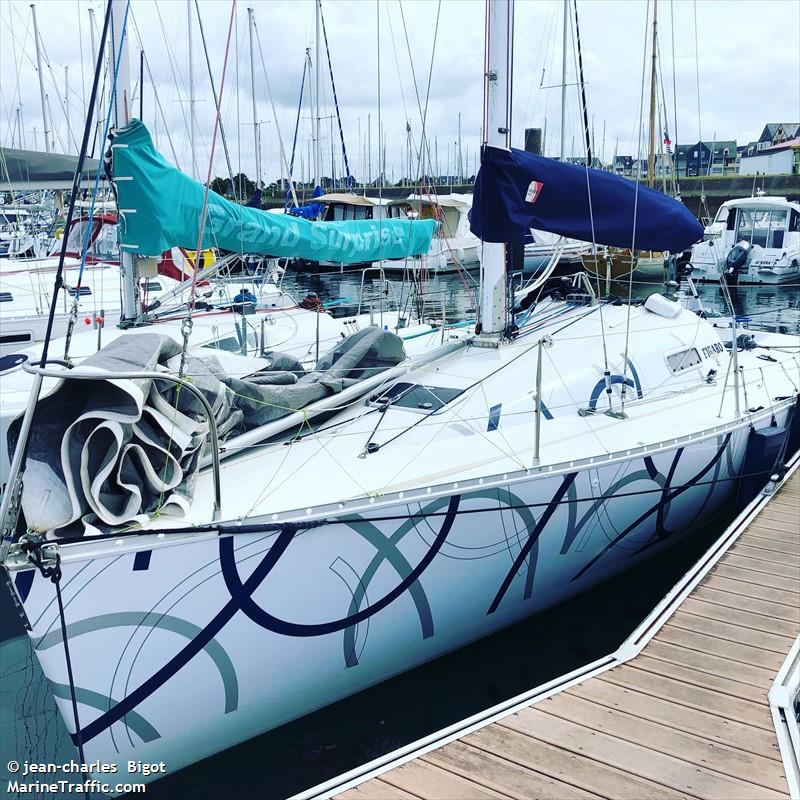Nearly 800 animals die in bureaucratic spat between France and Algeria

Calls are growing for the total ban of livestock carriers, with the latest horror story emerging of slaughtered animals in a botched shipment from Europe to Africa.
Around 780 bulls were recently shipped back to France and emergency-killed after Algerian authorities refused to unload the animals due to incorrect health certificates and associated health risks.
The 1977-built vessel Nader A, converted to a livestock carrier in 2013, returned to the French port of Sète following failed talks between French and Algerian authorities to unload the animals that were stuck on the vessel for around three weeks.
A re-import to France was also not possible due to disease protection reasons as the animals had been fed with hay from Algeria, where foot-and-mouth disease is rampant. As a result, all the animals were killed in France and their bodies were burnt afterward.
The administrative problem reportedly arose as the vaccination documents stated “IBR positive”, which the French authorities said was misunderstood by the authorities in Algiers as they thought the animals were carriers of the Infectious bovine rhinotracheitis (IBR) virus, instead of the note referring to the vaccination.
Europe exports about 3m cattle, sheep, and goats to third countries every year. As an animal exporting country, France ranks in the middle in Europe. From there, cattle, goats, and sheep are sold mainly to Algeria and Israel.
Cases like this occur every year, warned the Freiburg-based Animal Welfare Foundation. In 2021, 2,600 cattle had to be emergency killed after a three-month odyssey on the Mediterranean Sea.
European animal welfare organisations are demanding an end to live exports to third countries, warning that the lack of emergency plans and poor implementation of the current legislation will continue to lead to disasters in the future.
“As transport inspections are scarce in the ports and non-existent on board, there is a lack of data on sick, injured, weak, and dead animals. In this case, several animals died on the vessel as well. With more thorough checks before loading, the failure of control with the vaccination documents on the Nader-A could have been prevented in advance. The authorities failed,” the Animal Welfare Foundation said.
The Togolese-flagged Nader A is blacklisted under the Paris Memorandum of Understanding on Port State Control (Paris MoU). In 2018 and 2019, the vessel was inspected five times and 22 deficiencies were found. In 2017, the vessel was banned from all Paris MoU ports for three months.
Live exports by sea are on the agenda of the European Parliament. In 2020, the European Commission set up an Animal Transport Inquiry Committee (ANIT). Experts from the Animal Welfare Foundation were invited to several hearings. In July this year, Cem Özdemir, and other EU agriculture ministers presented a landmark position paper on live transport which called for a ban on exports to third countries.
“2023 will show whether the disasters are enough for a rethink,” the Animal Welfare Foundation said, ahead of the European Commission’s revised draft for the current Animal Welfare Transport Regulation.

 , converted to a livestock carrier in 2013, returned to the French port of Sète following failed talks between French and Algerian authorities to unload the animals that were stuck on the vessel for around three weeks.
, converted to a livestock carrier in 2013, returned to the French port of Sète following failed talks between French and Algerian authorities to unload the animals that were stuck on the vessel for around three weeks.
Animal cruelty. Stop live export.